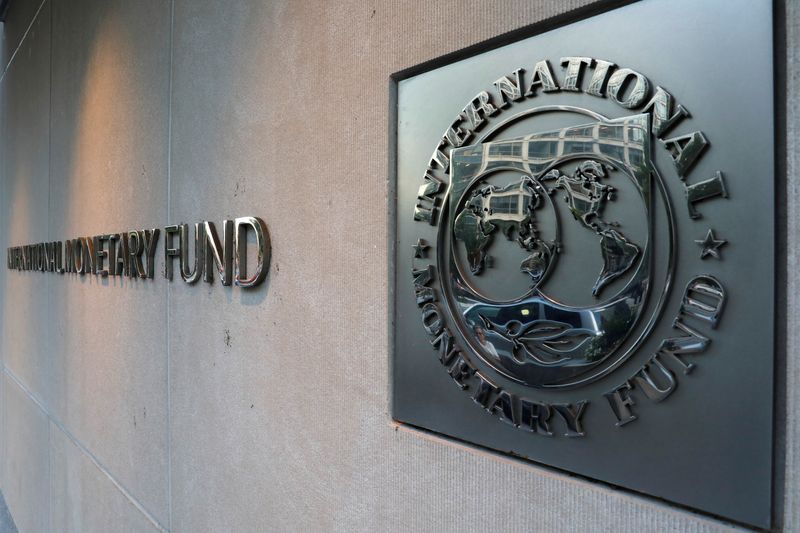By Andrea Shalal
WASHINGTON (Reuters) - The International Monetary Fund on Wednesday said recent industrial policy initiatives pursued by the United States, Europe and other countries to steer innovation in certain sectors were no panacea to boost economic growth.
The IMF, in a chapter of its forthcoming Fiscal Monitor, said industrial policy could drive innovation if done well, but history was full of cautionary tales of policy mistakes, high fiscal costs and negative spillovers in other countries.
Focusing mainly on subsidies and tax breaks posed risks, given high fiscal costs, the risk of capture by special interests and possible massive mis-allocation of resources, said Era Dabla-Norris, a deputy director of the IMF's Fiscal Affairs Department. Policies that discriminated against foreign firms could also trigger retaliation, entrenching geo-economic rifts.
IMF officials, in the chapter, urged countries to adopt a broader mix of policies to support innovation, including public funding for fundamental research, R&D grants for innovative start-ups and tax incentives to encourage broader applied innovation.
Boosting public spending on fundamental research by about 0.5 percentage point of gross domestic product annually could raise GDP by up to 2% and reduce a country's debt-to-GDP ratio for an average advanced economy over the next eight years, the chapter said.
The chapter cited recent industrial initiatives undertaken by various countries, including a U.S. measure to fund domestic research and semiconductor manufacturing, the European Union’s plan to support the bloc’s transition to climate neutrality, and steps being taken in Japan and South Korea, as well as longstanding policies in countries like China.
Dabla-Norris said governments had shifted away from funding public R&D in recent decades while nearly tripling subsidies for private research, although the higher private-sector activity had not led to productivity gains.
"If we want there to be more applied research, we need to ensure that tax incentives are ... more accessible to large swathes of firms and not just restricted to large established firms that use these types of tax incentives to cement their market power and potentially stymie innovation done by other firms," she said in an interview broadcast by the IMF.
The IMF in January warned that overall growth in the global economy and trade remained well below the historical average, weighed down by thousands of fresh trade restrictions. The global lender will release an updated forecast on Tuesday.
Dabla-Norris said the IMF would issue a separate report on fiscal approaches to artificial intelligence in May.
She said less technologically advanced countries should focus more on policies that promoted the diffusion of technology developed elsewhere by investing in education, transportation infrastructure, and digital skills.
"Closing the gap with advanced economies can actually lead to faster technology transfer, greater adoption of existing technologies, and also lead to a higher growth of about 2% over the medium term," she said.
